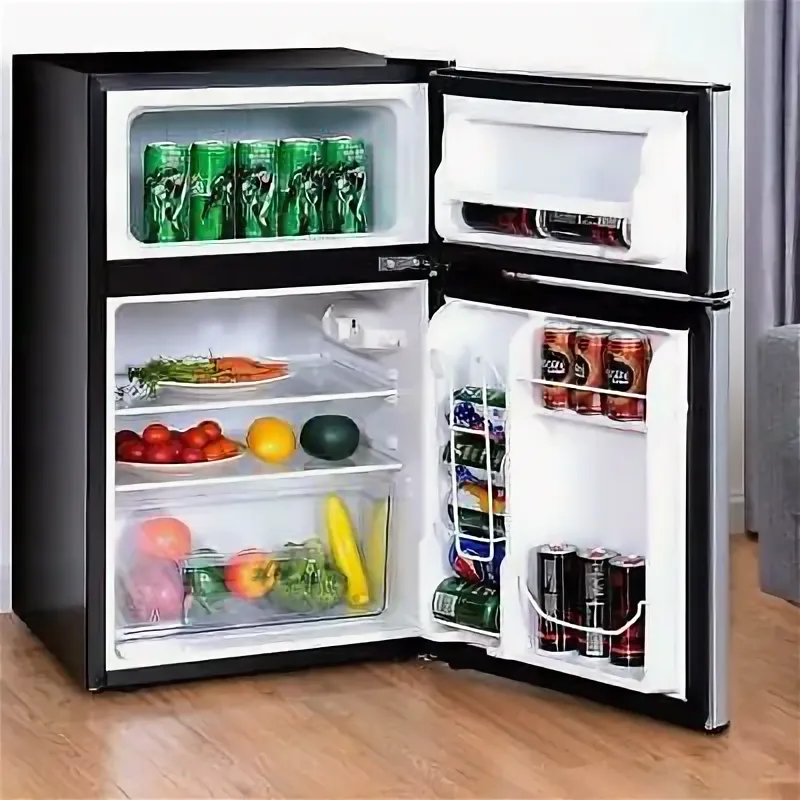Compact refrigerators are a great solution for limited spaces like dorm rooms, offices, or small apartments. Despite their smaller size, they can still effectively keep your food and beverages fresh. However, knowing what to store (and what not to) in a compact refrigerator is key to maximizing their efficiency and preventing spoilage.
What to Store in a Compact Refrigerator
Compact refrigerators are perfect for items that don’t require a large amount of space but still need refrigeration. Here are some ideal choices:
1. Beverages
Soda cans, bottled water, juice boxes, and small bottles of wine or beer fit perfectly in a compact fridge. They keep drinks cold and ready for consumption without occupying much space.
2. Dairy Products
Small containers of milk, yogurt, cheese, and butter are well suited for compact refrigerators. These items benefit from consistent refrigeration to stay fresh longer.
3. Fresh Fruits and Vegetables
Compact refrigerators often come with a small crisper drawer designed for fresh produce. Fruits like apples, berries, and grapes, as well as vegetables such as carrots and celery, can be stored safely here.
4. Leftovers and Pre-packaged Foods
Small portions of leftovers, deli meats, and pre-packaged snacks like hummus or guacamole are great to store in a compact fridge. Just be sure to use airtight containers to prevent odors from spreading.
What Not to Store in a Compact Refrigerator
While compact refrigerators are versatile, certain items don’t fare well in these smaller units:
1. Large Cuts of Meat or Bulk Items
A compact fridge lacks the space for big packages or large cuts of raw meat, which require more room to prevent cross-contamination and maintain proper cooling.
2. Foods Needing Very Specific Temperature Controls
Items like certain cheeses or delicate seafood might need specialized refrigeration settings not available in compact models. These should be stored in a full-sized refrigerator or freezer.
3. Overloading the Fridge
It’s tempting to fill every inch of a compact refrigerator, but overcrowding reduces airflow and cooling efficiency, causing some items to spoil faster.
4. Hot or Warm Foods
Never store hot food directly in a compact refrigerator as it raises the internal temperature and forces the compressor to work harder, which can lead to spoilage.
Tips for Efficient Use of a Compact Refrigerator
- Organize Smartly: Use stackable containers and keep frequently used items at eye level.
- Monitor Temperature: Keep the fridge temperature between 37-40°F (3-4°C) for optimal food safety.
- Clean Regularly: Remove expired or spoiled items promptly to prevent odors and bacteria buildup.
Knowing what to store (and what not to) in a compact refrigerator helps extend the life of your food and keeps the appliance running efficiently. With the right approach, your compact fridge can be a reliable companion for fresh and chilled essentials even in the smallest spaces.


